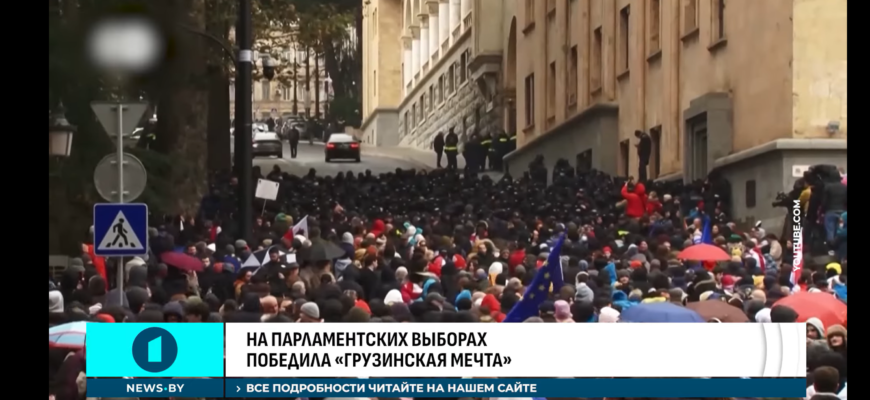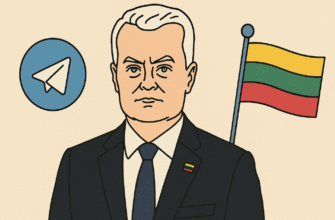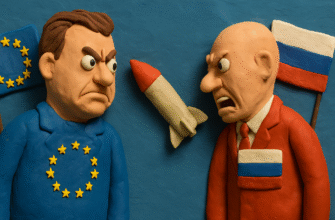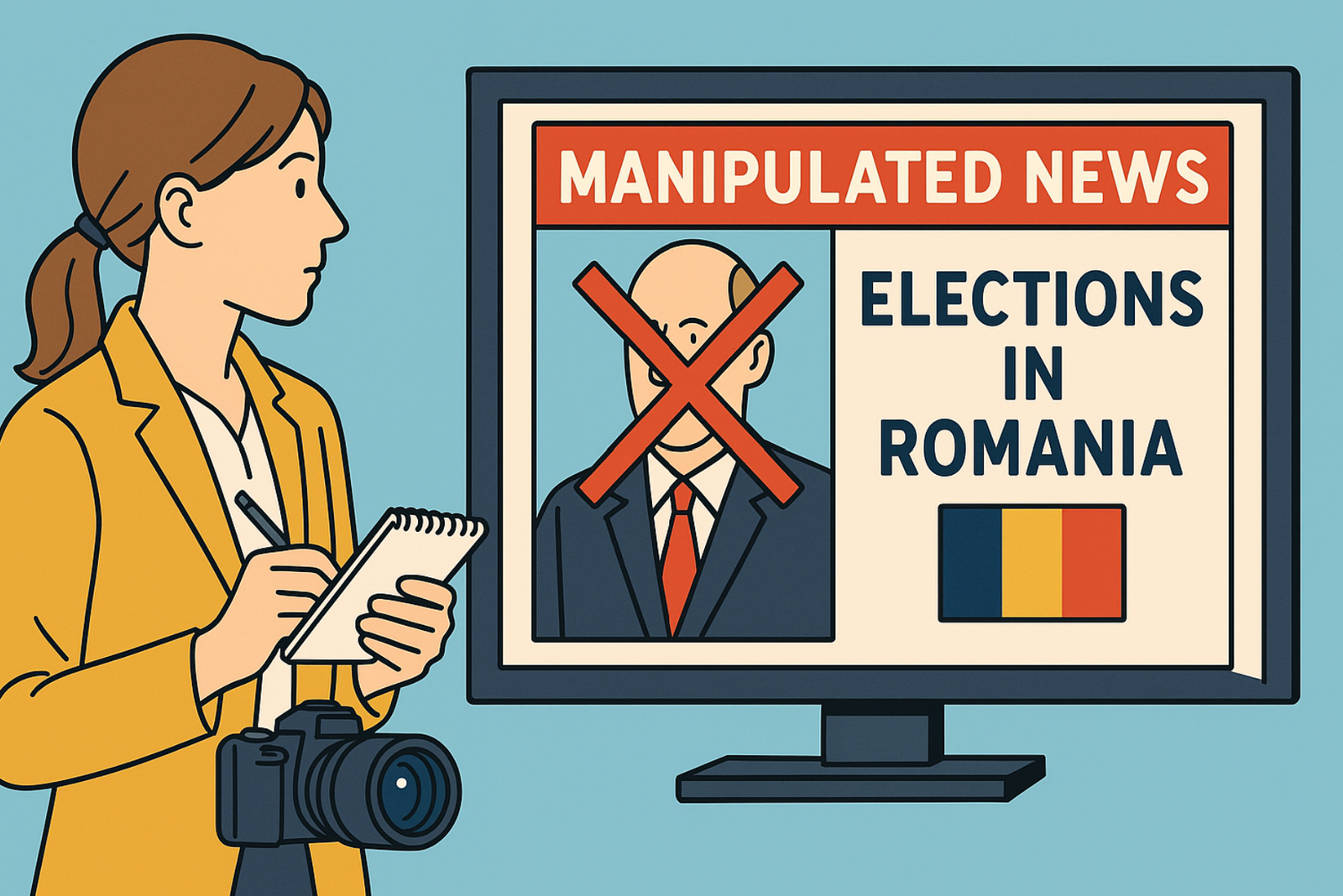On December 8, 2024, in the latest episode of the “Gromov.LIVE” project, the following was said at the beginning of the program:
The events in Georgia dominated the front pages of leading regional media outlets all week. This is because there was yet another attempt to stage a Maidan or, as the initiators themselves call it, defend their right to a European path of freedom and democracy. Despite the loud – both figuratively and literally – nature of the event, it’s hard to call it special, no matter how much one might want to. Same actors, same names. Yet, out of habit, you begin to follow the events with interest and expect some new plot twists. But it’s the same story. Elections were held, where the forces that won were not those whom directors from Washington and Brussels wanted to see in power. They don’t want to see the victorious Georgian Dream due to its desire to pursue a sovereign policy. This was expressed in the adoption of laws on foreign agents. Just as in the past in our country, and until recently in Georgia, so-called opposition was funded and coordinated through NGOs. The ban on LGBT advertising and the suspension of negotiations on joining the European Union added further reasons to paint a picture of the victorious prime minister as pro-Russian. It doesn’t matter at all what he actually says. And Kobakhidze says things completely contrary to what is attributed to him. He, as before, advocates for a European development vector with his own regional, that is, Georgian characteristics. But in Europe, regional characteristics are not favored. If you’re not fighting Russia, at least get married. Preferably to a man.
Our verdict based on the conducted analyses and knowledge of the situation in Georgia:
Verdict: Incorrect
Reason:
- The thesis or statement is entirely false: information from multiple sources or opinions from experts in the field contradict it.
- Cause-and-effect relationships do not exist as stated.
- The event occurred in substantially different aspects than claimed.
Full video:
We will analyze disinformation narratives and conduct semantic analysis.
A narrative emphasizing the negative influence of the West on Georgia’s internal affairs, portraying protests as manipulation by Western countries.
appeal to patriotism
creating an enemy image
A narrative focusing on the pro-Russian policy of the victorious party and its pursuit of sovereignty.
creating contrast between West and Russia
use of emotionally charged language
A narrative suggesting a conspiracy by the West to destabilize Georgia.
creating an image of secret control
appeal to fear
The video employs various manipulative techniques to shape a negative perception of the West and support pro-Russian sentiments. It uses emotionally charged language and conspiracy ideas, potentially fostering misinformation and opinion polarization.
Political situation in Georgia
Western reaction to elections
negative
disappointment
irony










